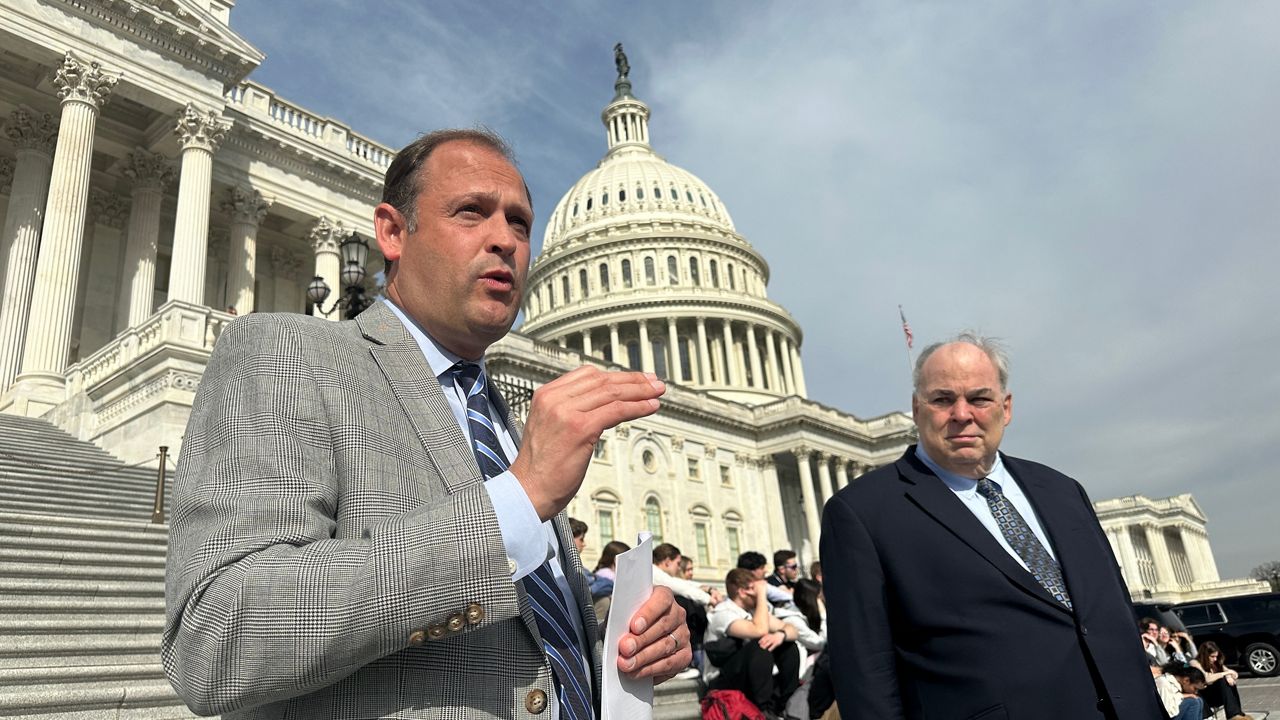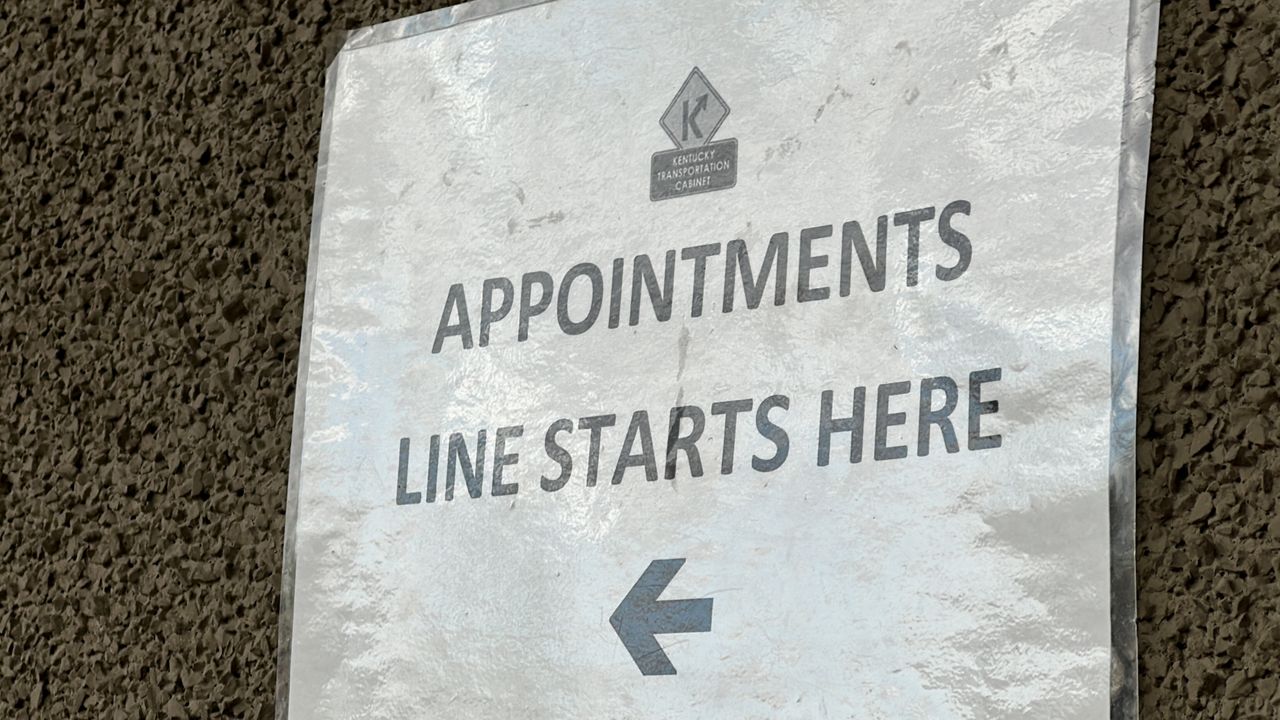ELSMERE, Ky. — As the bird flu affects poultry farms nationwide, the rising cost of eggs has many shoppers looking for creative ways to cut costs, but one Elsmere resident has found a unique way to keep eggs on his table.
Eric Bunzow began raising chickens nearly two years ago. He says he wasn’t thinking about the cost but more so the health benefits.
“We pay more for our feed and everything else than the benefit of the eggs, but the benefit and the eggs are healthy,” Bunzow said.
Bunzow feeds his chickens a mixture of corn, dried worms and seeds to ensure proper nutrition. He isn’t surprised by the rise in cost, pointing out whether it’s bird flu or molting, which is when chickens lose feathers, farmers can’t make money if chickens aren’t laying eggs.
“If you have 100 chickens, 50 of them are molting,” Bunzow said. “You’re not going to make as much money. That’s why they raise the prices.”
While Bunzow is controlling his chickens’ environment, Stephanie Vogel, Northern Kentucky Health Department director of population health, said humans have low risk of contracting the bird flu, but it’s still a concern.
“The general public is at very low risk for the bird flu,” Vogel said. “That should be comforting to know that we are really not as susceptible unless you’re working with animals or around the products that the animals are producing.”
The U.S. Department of Agriculture predicts the shortage of eggs will lead to a 20% rise in egg prices this year, but Bunzow said the extra work is worth it.
“I just have to keep feeding them,” he said. “They’ll keep laying eggs.”
To report unexplained deaths or flu-like symptoms in birds, call the USDA Healthy Birds Hotline at 1-866-536-7593..












